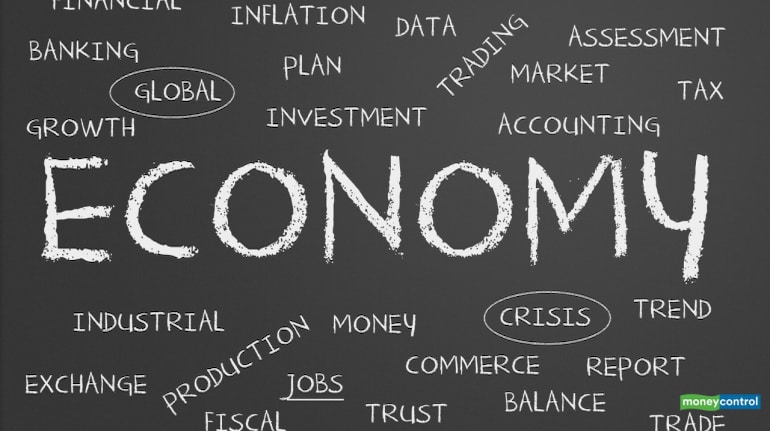



While making a case for pro-business rather than pro-crony policies, the Economic Survey 2019-20 presented by Chief Economic Advisor K Subramanian identifies three key characteristics of wilful defaulters based on related-party transactions and share pledges.
Wilful defaulters tend to be opaque about their related party transactions, pledge substantial proportions of promoter shares and advance large loans to related parties, summarises the Survey in an interesting analysis. Their behaviour is in stark contrast to those who default due to genuine distress.
"Whereas roughly 60 percent of non-defaulters and distress defaulters provide related-party disclosures in their annual report as legally required in India, barely 40 percent of wilful defaulters do so," it pointed out.
The Survey also detailed the peculiar form that the practice of share pledges takes in India as against advanced economies. Promoters of wilful defaulting firms on average pledge 50 percent of their shareholding to lenders versus 30 percent and 11 percent by distress defaulters and non-defaulters, respectively.
Promoters pledge shares for the firm's own projects as against pledges for external ventures or personal endeavours. This ties the value of the pledged shares to the value of the project being funded.
"Precisely when it is required to, the collateral stops serving its purpose. As promoters have no personal liability beyond their pledged shares, they care little when the pledged shares fall in value as any reduction in their wealth is offset by rents they have already extracted."
Another behaviour where a firm is a net giver of loans to related parties points to a potential wilful defaulter, according to the Economic Survey, as the average firm is a net recipient of loans from related parties.
"This is consistent with a theory of issuing debt only to siphon the proceeds out of the firm for the personal benefit of owners and their cronies," the Survey said in Chapter 3 'Pro-Business versus Pro-Crony'.
Apart from the perverse enrichment of the rich, the deleterious effects of wilful defaults include the increase in the cost of borrowing for genuine firms with profitable opportunities ahead of them.
"In fact, at high enough credit spreads, adverse selection may force genuine borrowers to exit the market altogether, leaving only cronies in the market and resulting in a market failure that slows economic growth, employment and wealth creation capacity," the Survey said.
Discover the latest Business News, Sensex, and Nifty updates. Obtain Personal Finance insights, tax queries, and expert opinions on Moneycontrol or download the Moneycontrol App to stay updated!
Find the best of Al News in one place, specially curated for you every weekend.
Stay on top of the latest tech trends and biggest startup news.